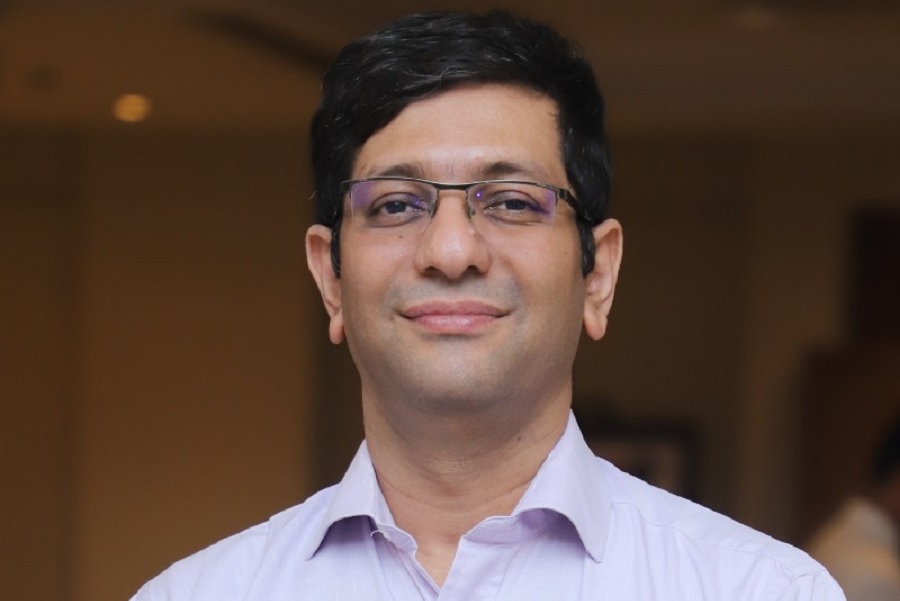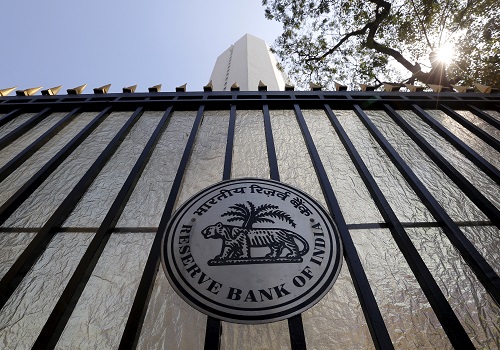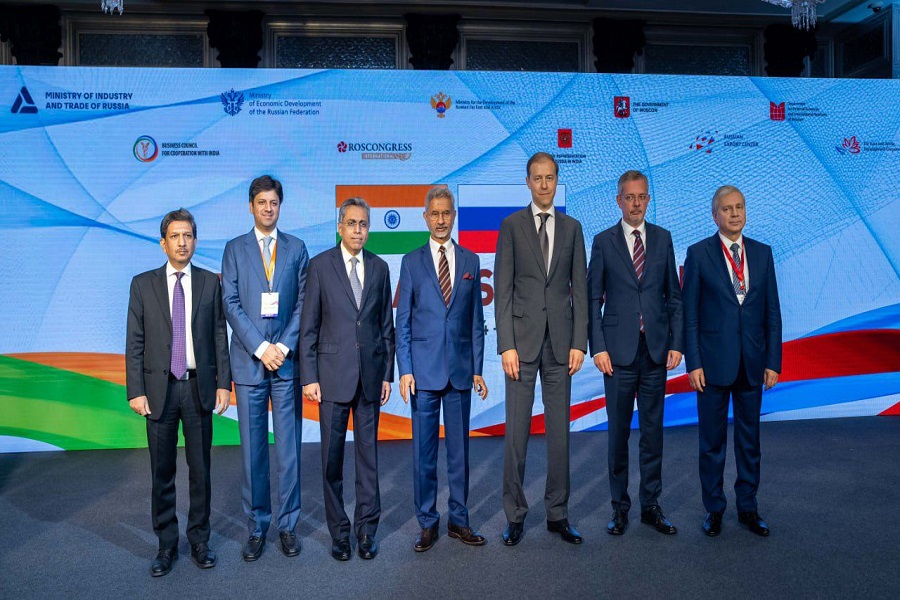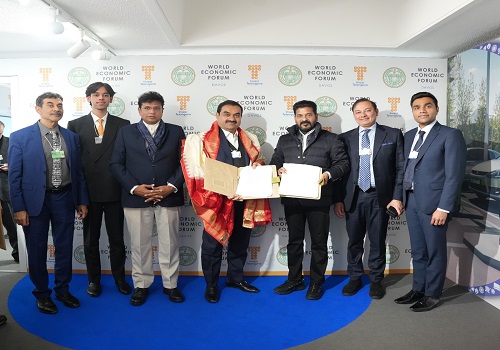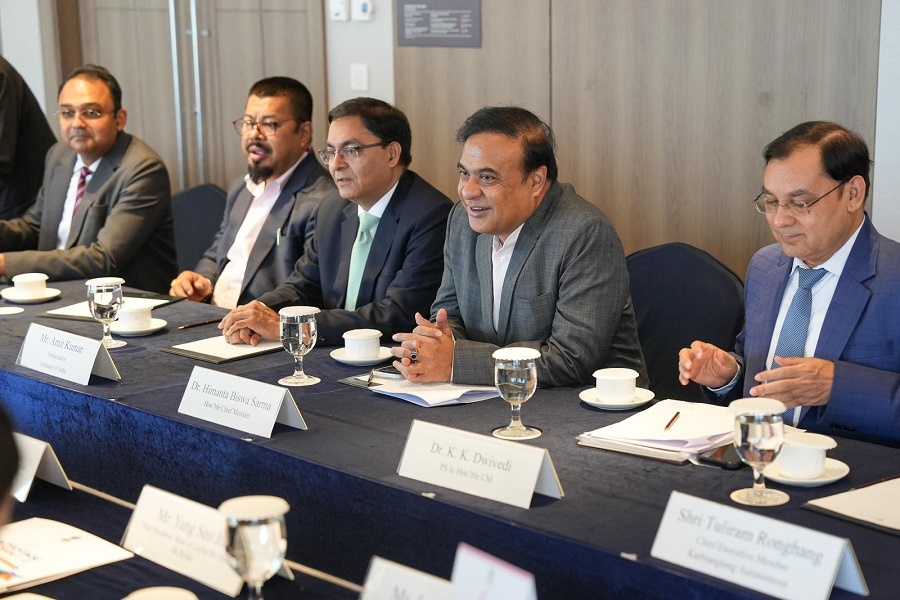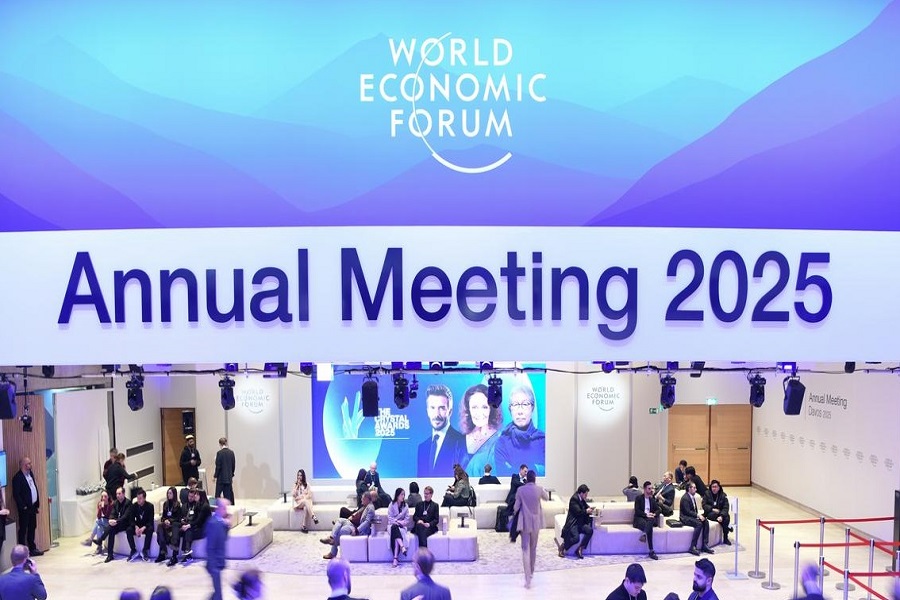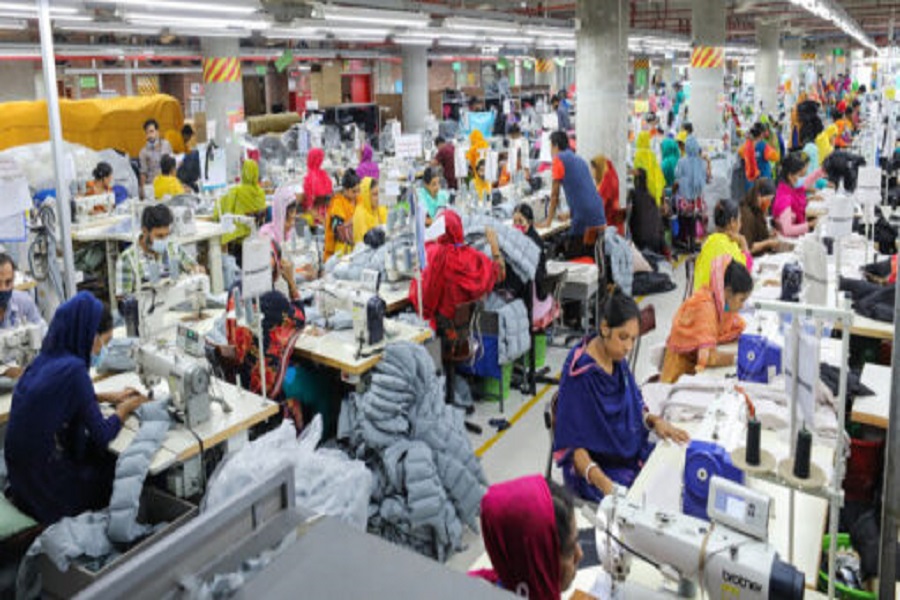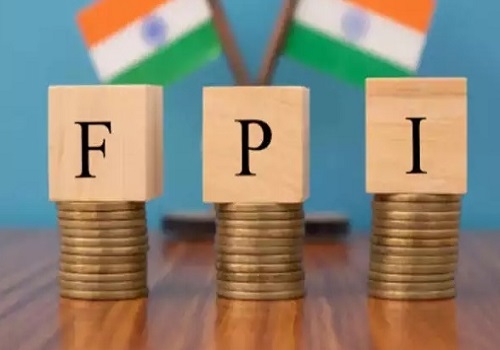India`s renewable energy journey to serve as model for other emerging economies

As the world's largest democracy and a rapidly developing nation, India's renewable energy journey will serve as a model for other emerging economies navigating the path to sustainability, Pralhad Joshi, Union Minister of New and Renewable Energy, has said.
The country aims to achieve net-zero carbon emissions by 2070, focusing on renewable energy expansion, and plans to reach 500 GW of non-fossil fuel energy capacity by 2030.
According to the minister, the country’s renewable energy journey is supported by strong policy backing and international partnership.
For example, initiatives like the International Solar Alliance (ISA), cofounded by India and France, seek to promote solar energy use worldwide, particularly in developing countries.
“Despite having one of the lowest per capita emissions in the world, India is not only championing the cause of clean energy under Prime Minister Narendra Modi, but also inspiring other nations to join the cause,” Joshi said.
PM Modi said last month that India is the only G20 country to have ensured that the pledge towards creating a green planet made at the Paris Climate Change Summit in 2015 was fulfilled even before the deadline.
The country has now updated its targets to reduce emissions intensity of its GDP to 45 per cent by 2030 from the 2005 level, and cumulative electric power installed capacity from non-fossil fuel-based energy resources to 50 per cent by 2030.
Currently, the total installed capacity of solar photovoltaic (PV) power in the country stands at 85.47 gigawatts (GW) and wind power at 46.65 GW. The Centre has undertaken several measures and initiatives to promote the development of renewable energy (RE), including solar and wind power.
As the country aims to achieve 500 GW of installed electric capacity from non-fossil sources by 2030. the government has permitted Foreign Direct Investment (FDI) up to 100 per cent under the automatic route.
According to the Economic Survey, the country has a well-established infrastructure to attract FDI in sectors like greenfield projects such as renewables.








